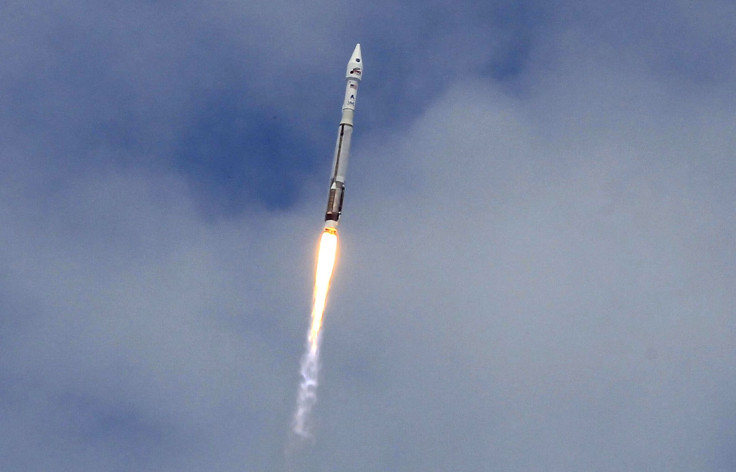Elon Musk's SpaceX Could Be In Big Trouble If $2 Billion ULA Rocket Deal Goes Through

Problems keep coming for Elon Musk's SpaceX. A SpaceX rocket exploded only moments after liftoff earlier this summer and now the company suddenly faces new competition after the engine company Aerojet submitted a $2 billion offer to purchase United Launch Alliance, SpaceX’s primary competitor.
Aerojet Rocketdyne, the California-based engine manufacturer, submitted a $2 billion cash offer to purchase ULA in early August, Reuters reported late Tuesday. ULA, a joint venture between Boeing and Lockheed Martin, is the largest supplier of rockets to the U.S. military and operates the prized Atlas V rocket. A deal has not been finalized, though a formal announcement could come as soon as next week, unnamed sources told Reuters and the Wall Street Journal.
A purchase of this size would create an entirely new aerospace manufacturer that no longer relies on the cheap Russian-made RD-180 engines that ULA has long relied on to power their rockets. Musk has promoted SpaceX’s American-made rockets as the only reasonable alternative to investing in the Russian economy. Sen. John McCain, R-AZ., and a number of other influential politicians have called on NASA and the U.S. Air Force to invest more in SpaceX, especially as U.S-Russian relations have continued to deteriorate.
ULA has no choice but to remove RD-180 engines from future Atlas V launches because of the trade sanctions that were imposed after Russia invaded Ukraine’s Crimean peninsula. The company’s previous plan was to buy BE-4 rocket engines from Blue Origin, another SpaceX rival founded by Amazon founder Jeff Bezos. ULA might now have no choice but to use the Aerojet’s AR-1 engine when the current supply of Russian engines expires.
Lockheed and Boeing executives “would likely welcome the unsolicited bid,” Reuters reported, though the Pentagon would need to approve the deal’s final conditions.
© Copyright IBTimes 2024. All rights reserved.











